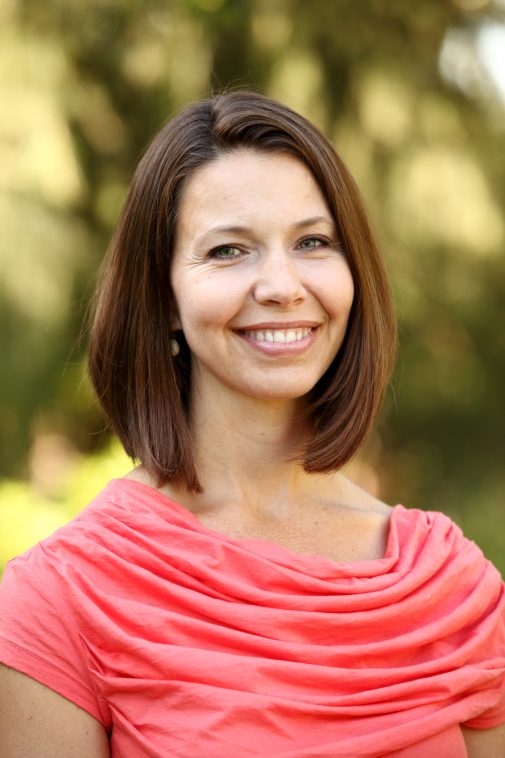Talk to Probe Islamic History of Rebellion
By
Westmont

Heather Keaney, associate professor of history at Westmont, applies her training in medieval history to examine the contemporary Middle East in a lecture, “Tyrants, Terrorists and Tropes in Islamic History,” Tuesday, Oct. 6, at 7 p.m. in Hieronymus Lounge at Westmont’s Kerrwood Hall. The Paul C. Wilt Phi Kappa Phi Lecture is free and open to the public.
Marianne Robins, professor of history, and Charles Farhadian, professor of religious studies, will respond to the lecture.
Keaney, a Westmont alumna who earned a master’s degree and doctorate in Middle East history at UC Santa Barbara, lived and taught in Cairo at the American University in Cairo and at the Council for Christian Colleges & Universities’ (CCCU’s) Middle East Studies Program (MESP) for 11 years. She co-directs the Westmont in Istanbul study-abroad semester every other spring.
“I will analyze medieval debates about whether it is legitimate to rebel against an unjust ruler and how those debates have been reinterpreted in the context of modern Islamist movements and the Arab Revolutions of 2011,” she says. “I hope the audience will have a greater appreciation for how Muslims past and present negotiate the competing goods of preserving unity and pursuing justice.”
Keaney teaches and writes on Islamic history and the contemporary Islamic world. Her book, “Medieval Islamic Historiography: Remembering Rebellion,” analyzes portrayals of the first Islamic civil war, focusing on historical and ongoing religio-political debates over pursuing justice versus maintaining the unity of the community.
“Dr. Keaney illuminates the way Islamic history informs contemporary tensions in the Muslim world,” says Paul Delaney, Westmont professor of English and lecture series coordinator. “As we have quickly gone from the Arab Spring in 2011 to the rise of ISIS and the clamp-down of an Arab Winter throughout the Middle East, it’s vital for us to understand the ways the split between religious and political authority within Sunni Islam lies behind today’s headlines.”
Filed under
Academics, Campus Events, Faculty and Staff, Observatory, Press Releases